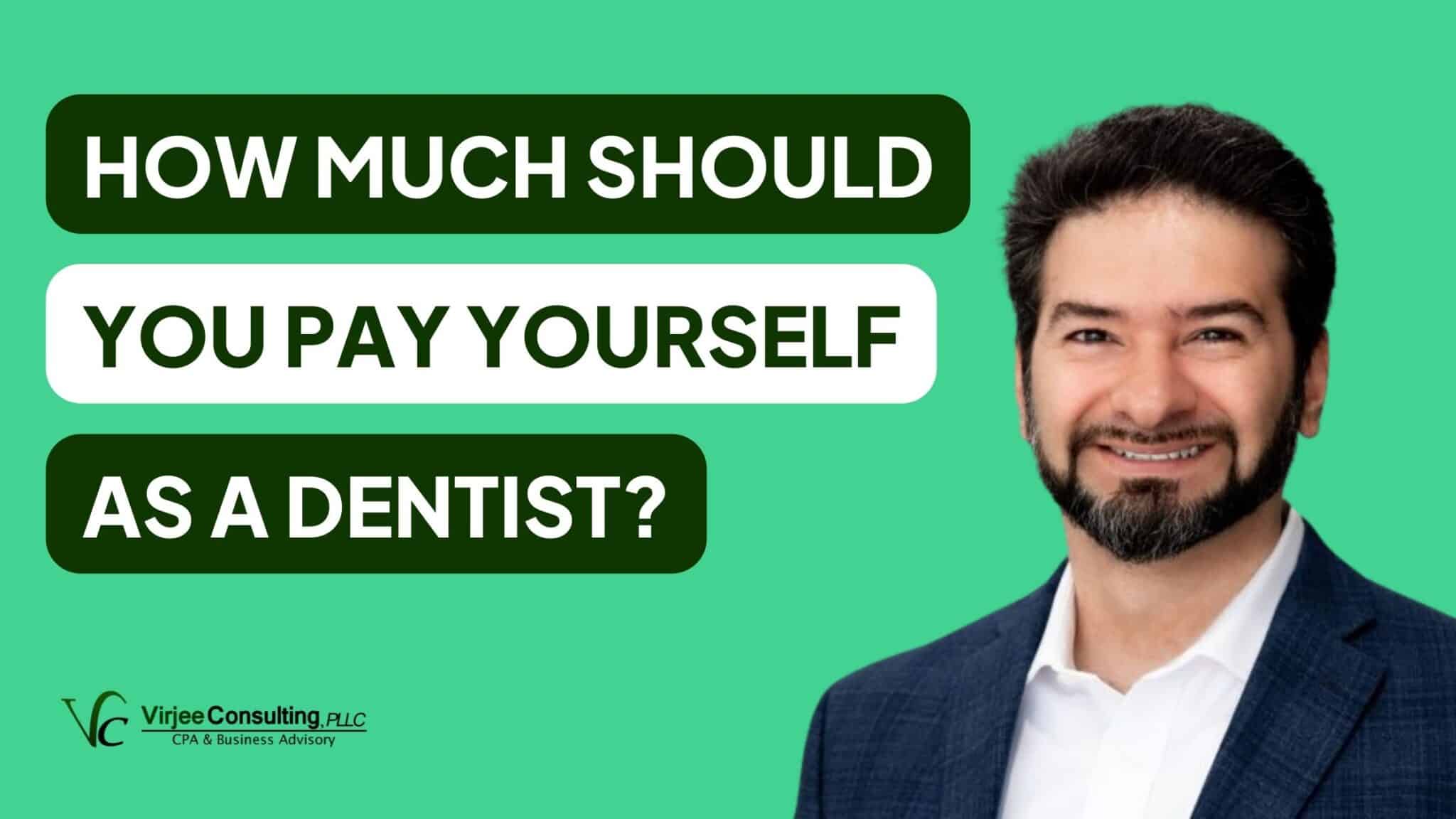Owning a dental practice is a huge milestone. You’ve worked hard to build your business, care for your patients, and juggle the endless responsibilities that come with running a practice.
But one question keeps popping up: How much should I pay myself?
It’s a delicate balance. After covering employee wages, taxes, rent, and other expenses, how do you decide what’s left for you? Is there a magic formula? And how do factors like your practice’s location, size, and specialty affect your income?
The truth is, determining your salary isn’t as simple as taking what’s left at the end of the month.
It requires careful planning to ensure your practice stays financially healthy while also meeting your personal financial goals.
In this article, we’ll break down everything you need to know about setting the right salary for yourself as a dental practice owner—plus share practical tips to make sure your pay is both fair and sustainable.
The Numbers: What’s the Average Dental Practice Owner Salary?
According to the American Dental Association (ADA), the average annual net income for general dentists in private practices looks like this:
- Solo Owners: $204,900
- Non-Solo Owners: $263,450
Specialists tend to earn more, with:
- Solo Specialists: $322,330
- Non-Solo Specialists: $470,020
These numbers provide a useful starting point but remember: your salary isn’t just your take-home pay.
As a practice owner, your income is a mix of two things:
- Your compensation as a practicing dentist.
- Your share of the practice’s profits.
Before determining your pay, you need to subtract all operating costs—rent, payroll, equipment, insurance, and more—from your gross revenue.
Then comes the tricky part: deciding how much to allocate to yourself versus reinvesting in the business.
Factors to Consider When Setting Your Salary
Setting the right salary isn’t just about pulling a number out of a hat. First, here are some key factors to think about:
Lifestyle Goals
Your personal financial needs—mortgage payments, children’s education, retirement planning—also play a role in determining your salary. LTV, his total value to your practice becomes $45,000. Max is clearly a high-value patient, making it essential to maintain his satisfaction and loyalty.
Your Practice’s Financial Health
Every dental practice has unique financial dynamics. A larger, established practice may have more room to pay the owner, while a newer practice might require reinvestment to grow.
Location Matters
Dentists in metropolitan areas like Houston often earn more than those in rural settings due to higher patient volumes and fees. However, urban practices also tend to have higher overhead costs.
Specialty and Experience
Specialists like orthodontists and oral surgeons generally earn more than general dentists, and years of experience can also impact your earning potential.
Tax Implications
The way you structure your income—salary versus dividends or distributions—affects how much you pay in taxes. Striking the right balance is key.
Our Quick Guide To Determining Your Salary
When it comes to setting your salary as a dental practice owner, there’s no “right” or “wrong” number.
It all depends on your practice’s financial health, your personal goals, and your future plans. The key is finding a balance that works for both your business and your lifestyle.
Here are some practical steps to guide you:
1. Maintain a Minimum Cash Reserve
Your practice’s emergency fund is non-negotiable. Calculate your monthly overhead and ensure you always have at least three months’ worth of expenses in reserve. This safety net shields you from unexpected expenses, like equipment repairs or delayed insurance reimbursements, so your salary doesn’t have to take a hit.
2. Factor in Taxes
Payroll taxes apply to every dollar of your salary, but distributions or dividends could be taxed differently depending on how your business is structured. Consulting with an experienced dental CPA can help you find the most tax-efficient way to pay yourself while ensuring you stay compliant.
3. Think About Retirement
If you’re contributing to a retirement plan, like a 401(k), the IRS caps eligible income at $345,000 for 2024. Aligning your salary with this limit could maximize your retirement savings while keeping taxes manageable.
4. Pay Yourself Based on Lifestyle, Not Ego
If you’ve had a big year, it’s natural to want to reward yourself with a larger paycheck. However, consistency is key. Avoid overpaying yourself during good years or underpaying during slower ones. Instead, aim for a steady income that supports your needs while leaving room to reinvest in the practice.
Bonus: Don’t Fall Into the “Lifestyle Creep” Trap
It’s easy to let your expenses grow as your income rises. A bigger salary might mean a nicer car or a more luxurious home, but these habits can strain both your personal and business finances. Instead, focus on balancing your pay with your practice’s needs. Consider reinvesting extra income into new equipment, hiring additional staff, or expanding your office. You’ll thank yourself in the long run.
Need More Help Determining Your Salary as a Practice Owner?
Hopefully, this article will provide a good starting point for determining your dental practice owner salary.
But the truth is, the “right” salary is going to vary based on several factors and your unique financial situation.
We strongly recommend working with an experienced dental accountant to help work out a number that’s in your best interest—tax-wise, personally, and professionally.
If you’re in the market for a new dental accountant, we’re always here to help. Here at Virjee Consulting, we’ve helped hundreds of dentists save tens of thousands of dollars in tax savings, increase their bottom line, and scale their practice through the years.
Just check out our 150+ 5-star reviews on Google!
To get started, simply head over to our Contact Page to fill in a few details and we’ll get back to you within 1 business day.
Until next time!




